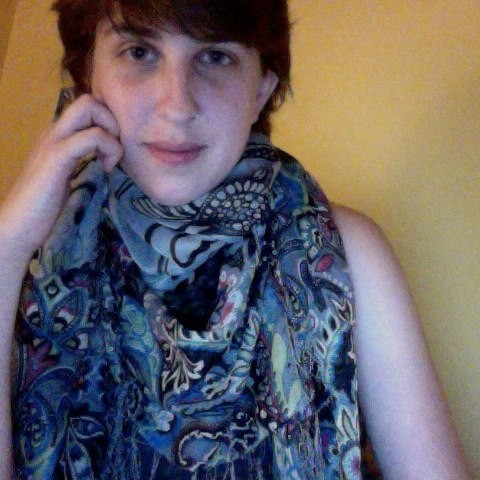YA Lit and Lit with Young Adults
August 2015
What is YA?
~
I’m fourteen. I’m a wind from nowhere.
I can break your heart.
–Ai, “The Kid”
What is Young Adult literature and how do you know if that’s what you’re writing? Is any story focused on teenagers automatically YA? If that’s the case, what do we make of books like Curtis Sittenfeld’s Prep or Junot Diaz’s The Brief and Wondrous Life of Oscar Wao? Both are primarily from the perspective of teens, both are read and loved by teens, but both were marketed to adults. Though YA is commonly referred to as a genre, it’s actually a marketing category: Agents and publishers look at a book and think, This will appeal more to teens than adults, so that’s how we’ll package it. If you are a writer interested in focusing on the teenage experience, the existence of YA raises an interesting question: are you writing for teenagers, about teenagers, or both?

In this class we will focus on audience, specifically, how, and if, the age range of our intended audience should change the way we write teen characters. This class is not a YA How-To Guide, nor is it about avoiding YA tropes, rather, it is about examining who we are writing for and why, how we write for that audience, and why we make the choices we make.
About the Instructor
 Emily Nagin’s writing focuses largely on teen characters. Her work can be found in New Ohio Review and the Main Street Rag. In 2014, she was the recipient of a Hopwood Award for short fiction. She holds a post-graduate Zell Fellowship from the University of Michigan, where she earned her MFA in fiction in 2015. She also has a BA in Creative Writing from Carnegie Mellon University. Emily is the associate fiction editor at Print Oriented Bastards, an online and print journal for emerging writers and artists.
Emily Nagin’s writing focuses largely on teen characters. Her work can be found in New Ohio Review and the Main Street Rag. In 2014, she was the recipient of a Hopwood Award for short fiction. She holds a post-graduate Zell Fellowship from the University of Michigan, where she earned her MFA in fiction in 2015. She also has a BA in Creative Writing from Carnegie Mellon University. Emily is the associate fiction editor at Print Oriented Bastards, an online and print journal for emerging writers and artists.
This course will “meet” throughout the month of July. You will have continuous access to a shared, secure course space throughout the span of the workshop, and will receive a set of materials for discussion, exercises, and prompts at the start of each week.
At the end of each week you’ll have the opportunity to turn in a short story or excerpt from a longer piece for formal feedback from your instructor, who will give you editorial comments as well as suggestions for expansion in your reading and craft. You’ll also be able to ask questions in the course space, including in an “office hours” forum.

Go at your own pace, but generate as much as you can, and you are encouraged to post your results, marathon-style, to the class space (and give feedback if you’ve got time!). There will also be a forum available on the course page where you and the rest of the workshop group can communicate with one another about ideas, questions, and your favorite sources for inspiration, ideas, and motivation.
Apiary’s workshops are designed to provide both one-on-one instructor feedback and guidance, and a learning environment and supportive community to share in with your peers.
What you can expect
- a password-protected space in which to share work with your workshop leader and peers
- 4 rounds of feedback and instructive support with your workshop leader (up to 3 to 5 pages each week, suggested readings); and encouragement of peer feedback
- “office hours” in the form of private messaging and forum responses
- focused attention to the development and exploration of your own craft and language. This is about your work, and where you want to go.
- a supportive environment for your writing, always.